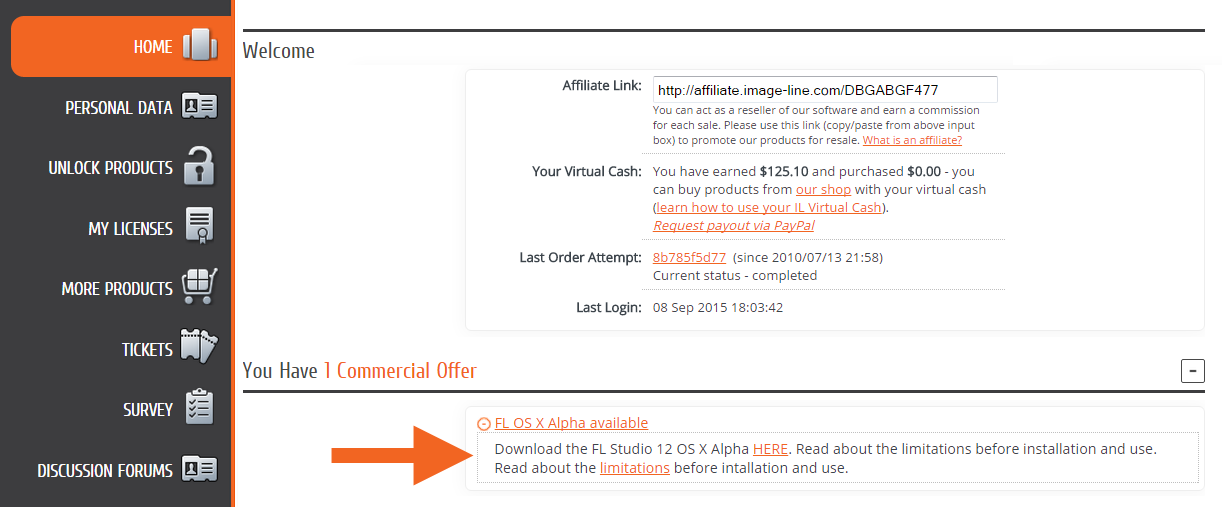

Ĭharles 3.11 released including major new features. Ĭharles v3.11.2 released with SSL and Websockets improvements. Ĭharles v3.11.3 released including bug fixes and minor improvements. Ĭharles 3.11.4 released with support for ATS on iOS 9 and crash fixes for older versions of Mac OS X. Ĭharles 3.11.5 released including minor bug fixes especially fixes SSL certificate installation on Android. Ĭharles 4 released featuring HTTP 2, IPv6 and improved look and feel. Ĭharles 3.11.6 released with support for macOS Sierra and minor bug fixes. Ĭharles 4.0.1 released including bug fixes. Ĭharles 4.0.2 released including bug fixes and minor improvements. Ĭharles 4.1 released including major new features and bug fixes. Ĭharles 4.1.2 released with bug fixes and minor improvements. Ĭharles 4.1.3 released including Brotli compression support and other minor bug fixes and improvements. Ĭharles 4.1.4 released with minor improvements and bug fixes. Ĭharles 4.2 released with major new TLS debugging capability, minor improvements and bug fixes including macOS High Sierra support.

Ĭharles 4.2.1 released with important bug fixes. Ĭharles 4.2.5 released with major bug fixes and minor improvements. Ĭharles Security Bulletin for a local privilege escalation in Charles 4.2 and 3.12.1 and earlier. Ĭharles 4.2.7 released with minor bug fixes and improvements. Ĭharles 4.2.8 released with minor bug fixes. Read more.Ĭharles 4.5.2 released including new features, bug fixes and improvements. Ĭharles 4.5.5 released including bug fixes for SSL certificate imports. Ĭharles 4.5.6 released with minor bug fixes and patched security vulnerability. Ĭharles 4.6 released including new features and stability improvements. Ĭharles 4.6.1 released to fix Dark Mode support on macOS Read more. Ĭharles 4.6.2 released including bug fixes. Since Xdebug version 2.6 it is also possible to profile and analyze the memory usage of your PHP code.For discussion on the latest changes to Charles, please see Karl’s blog. To visualize the callgrind file on the Mac, open the "callgrind_*.out" files with Profiling Viewer and you will get treemaps, callgraphs, heatmaps and annotated source code (something like a code coverage). With the above configuration you will get a separate callgrind file for every request. When everything went good, the php script will be profiled and the callgrind profiling output will be written to /tmp. Open a the site you want to profile in a webbrowser. Now start or restart your webserver to load the modifications Xdebug.profiler_output_name = callgrind_%u.out suffix the filename with timestamp (microseconds) this folder must be writeable by the webserver enable profiling by setting this to 1, setting it to 0 will disable it again


 0 kommentar(er)
0 kommentar(er)
